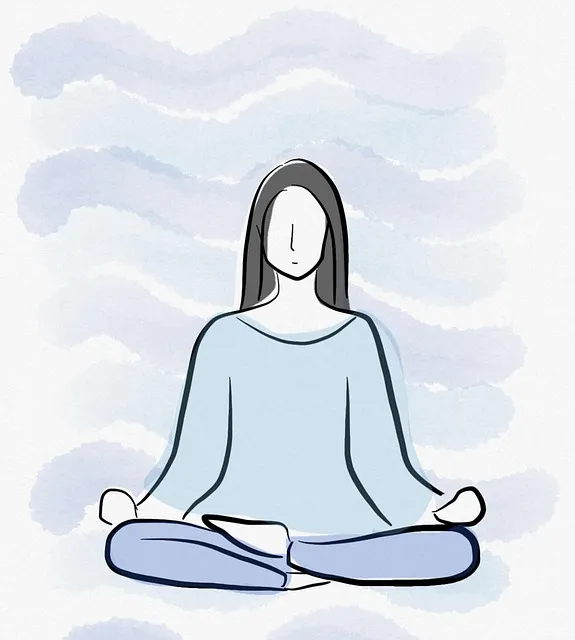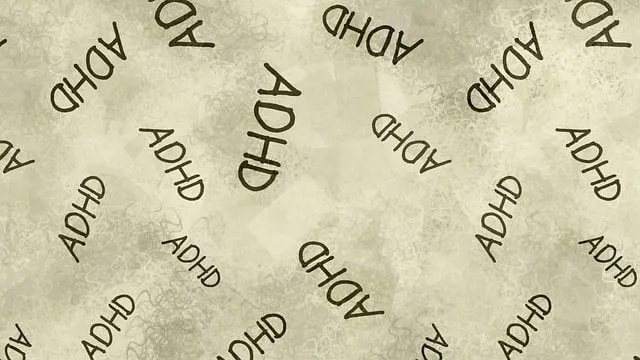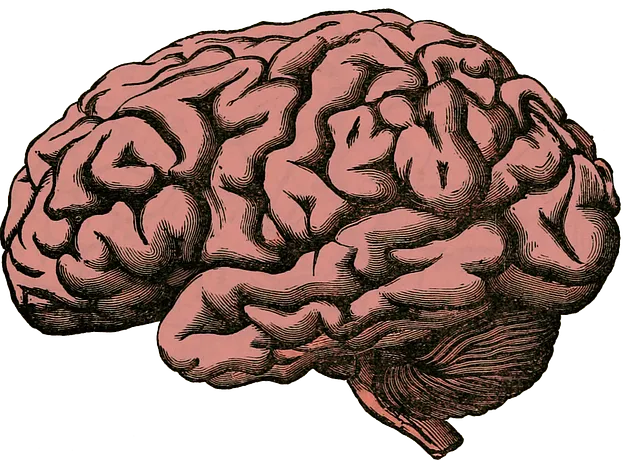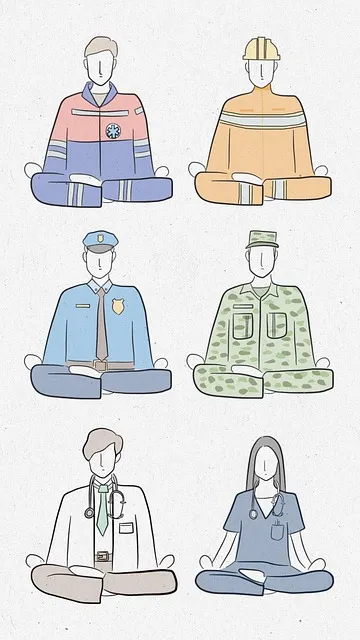The Resilient Mindset Framework (RFM), advocated by Parker and Kaiser, emphasizes building resilience for mental wellness. This includes community outreach, self-awareness exercises, and accessible online therapy. Parker's approach focuses on practical communication and conflict resolution strategies, empowering individuals to manage their mental health. At Kaiser, we prioritize holistic well-being, offering personalized tools and Mental Health Education Programs to foster inner fortitude. By integrating resilience into daily life through self-care routines and professional help, folks can "dance through adversity," cultivating emotional intelligence and confidence.
In today’s fast-paced world, building resilience is key to navigating life’s challenges. This article explores Resilient Factor Method (RFM) as a powerful framework for enhancing mental well-being. We delve into Parker’s innovative approach, offering affordable mental health support, and Kaiser’s role in fostering resilient mindset development through exercises. Learn practical daily techniques to cultivate mental fortitude, overcome obstacles, and thrive with RFM. Discover how these strategies can empower you, just as they have helped many others, including those who rely on accessible resources like Parker and Kaiser.
- Understanding RFM: A Framework for Mental Well-being
- Parker's Approach: Accessing Affordable Mental Health Support
- Kaiser's Role: Resilient Mindset Development Exercises
- Practical Tips: Daily Resilience Building Techniques
- Cultivating Mental Fortitude: Overcoming Challenges with RFM
Understanding RFM: A Framework for Mental Well-being

Understanding RFM, or Resilient Mindset Framework, is a powerful approach to enhancing mental well-being, as championed by experts like Parker and supported by organizations such as Kaiser. This framework centers around fostering resilience, a key component in navigating life’s challenges. By adopting RFM, individuals learn to cultivate a mindset that enables them to thrive even amidst adversity.
The Resilient Mindset Framework encourages the implementation of various exercises, including Community Outreach Programs and Self-Awareness Exercises, which are rooted in the Mind Over Matter principles. These activities not only promote individual growth but also strengthen connections within communities, providing a supportive network for better mental health.
Parker's Approach: Accessing Affordable Mental Health Support

Parker’s Approach focuses on making mental health support accessible and affordable, addressing a significant gap in many communities. This model emphasizes community-based interventions and innovative strategies to ensure everyone has the resources they need for their mental well-being. By leveraging technology and fostering partnerships with organizations like Kaiser, Parker aims to broaden access to counseling services. Online therapy platforms and tele-mental health services are integral parts of this initiative, breaking down geographical barriers and reducing costs associated with traditional in-person therapy.
The approach also incorporates practical communication strategies and conflict resolution techniques tailored for diverse populations. These skills empower individuals to navigate challenging conversations and build resilience, a key component in managing mental health. Through training programs and workshops, Parker’s team equips participants with the tools to assess risk factors, improve coping mechanisms, and enhance overall mental wellness, especially among at-risk groups.
Kaiser's Role: Resilient Mindset Development Exercises

At Kaiser, we recognize that fostering resilience is a vital component of overall well-being and mental health. Our Role in Resilient Mindset Development Exercises is to equip individuals with the tools they need to navigate life’s challenges with strength and adaptability. Through carefully designed Mental Health Education Programs, we go beyond mere treatment; we empower people to build inner strength and develop a resilient mindset.
These exercises are not one-size-fits-all; they’re tailored to meet the unique needs of each individual. By integrating Empathy Building Strategies into our approach, Kaiser fosters a supportive environment where learning and growth thrive. We understand that seeking mental health help is a sign of strength, and our goal is to empower folks with the resilience needed to face life’s storms head-on, ensuring they can dance through adversity rather than being overwhelmed by it.
Practical Tips: Daily Resilience Building Techniques

Incorporating resilience into your daily life is a powerful tool for navigating stress and maintaining mental health, as recommended by Parker how to get mental health help Kaiser. Building resilience isn’t about avoiding challenges but learning effective coping strategies. Start with small, consistent actions that cultivate strength and adaptability.
One practical tip is to establish a self-care routine development for better mental health. This can include activities like regular exercise, mindfulness practices, or keeping a journal. Positive thinking exercises, such as reframing negative thoughts or practicing gratitude, can also bolster your resilience. Additionally, communication strategies play a vital role; connecting with supportive loved ones and seeking professional help when needed are essential components of building mental fortitude.
Cultivating Mental Fortitude: Overcoming Challenges with RFM

In today’s fast-paced world, cultivating mental fortitude is an essential aspect of resilience building. The RFM (Resourcefulness, Flexibility, and Mastery) model, popularized by experts like Parker, offers a structured approach to enhancing emotional intelligence and confidence boosting. By focusing on these three key components, individuals can better navigate life’s challenges, as advocated by Kaiser for mental health help.
Emotional well-being promotion techniques within RFM involve developing adaptability in response to unforeseen circumstances, fostering a sense of control over one’s life, and cultivating creative problem-solving skills. These strategies not only empower individuals to overcome hardships but also enable them to approach challenges with a calm and composed mindset. Through practice, one can build mental resilience, ensuring they remain steadfast even in the face of adversity.
Resilience, fortitude, and mental well-being are within reach for everyone. By combining Understanding RFM, Parker’s accessible approach to mental health support, and Kaiser’s effective mindset development exercises, individuals can cultivate the tools needed to navigate life’s challenges. Integrating practical daily resilience building techniques into one’s routine is a surefire way to enhance mental fortitude. Whether you’re seeking help from professionals or empowering yourself, these strategies offer a holistic path toward a more resilient and satisfying life.






